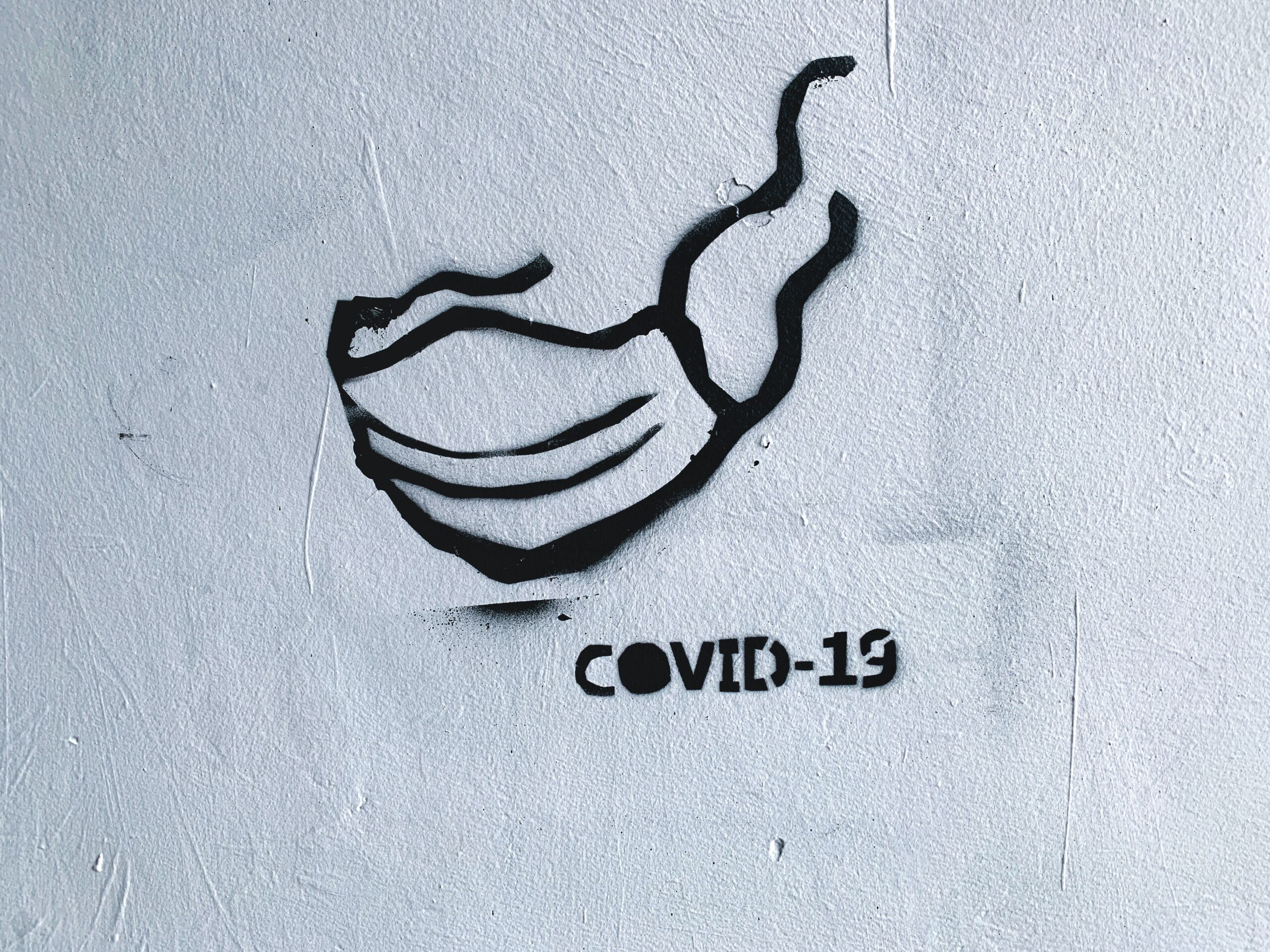It has been about seven months since we began dealing with this global pandemic down here in Australia, and when compared to other places in the world Australia has got off quite lightly. Regardless, for some the pandemic has brought obvious stress into their lives as they face very real and definable problems such as job loss, financial strain, possible homelessness or the loss of a loved one. For others, there are different but equally real issues to overcome, such as how to safely obtain necessary medical care, or whether to visit an elderly or otherwise vulnerable relative while protecting their physical wellbeing.
For many though, their lives have continued without such obvious stressors; they are still working, albeit sometimes in a dramatically different way, and they have found ways to adapt and continue life as best they can, often with significantly reduced social contact. In these cases, it can be harder to recognise the causes of the stressors we are experiencing and yet are having a very real impact on our health and well being, and we cannot find solutions to problems that we have not yet acknowledged.
As a result of the challenges we are facing now a great many people are reporting feelings of lethargy, despondency, irritability and disillusionment. In the “Taking the Pulse of the Nation” survey, which is conducted by the Melbourne Institute to periodically assess the impact of COVID-19 in Australia, around 20% of respondents reported feeling depressed or anxious most of the during the past week, and around 25% reported feeling that way at least some of the time (Wave 19: 14-18 Sep 2020).
In this blog series I will be sharing with you over the coming weeks I will discuss many of the underlying and sometimes not so obvious causes of these feelings and offer some suggestions to help. Posts will be shared in bite size pieces on the Venus Empowered Facebook and Instagram pages for easy consumption and convenience. Stay tuned, and don’t forget that there is help available should you need it, and that to reach out for help when you need it is a sign of strength, not weakness.
